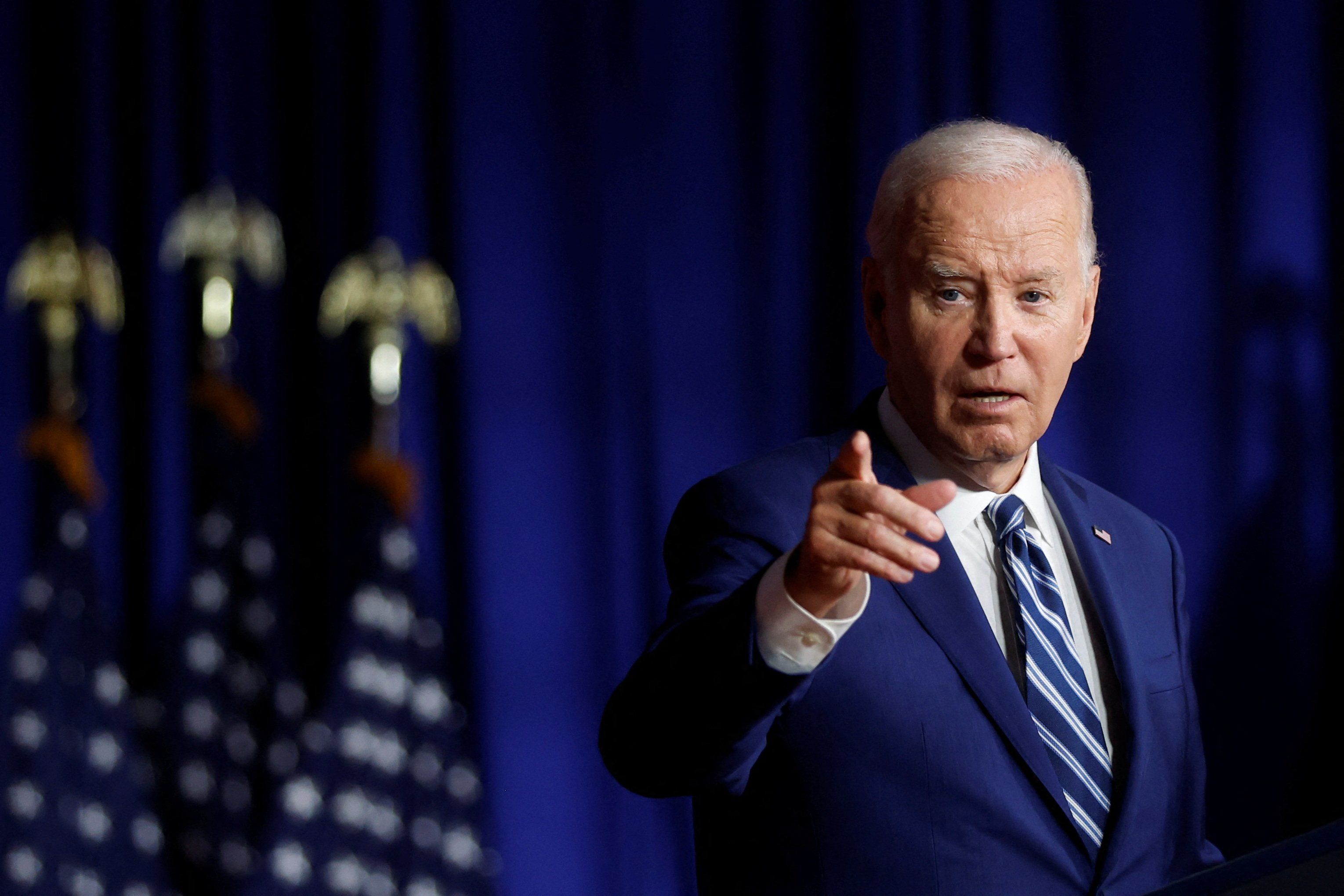US president Joe Biden
REUTERS
On Thursday, Iran said it released five detained US-Iranian dual-nationals into house arrest, and the US has promised to release about $6 billion in Iranian assets currently frozen in South Korea. That money will reportedly be sent to Qatar, where Iran will be allowed to use it to import food, medicine, and other essentials. While the prisoners remain under house arrest, their departure for the US is expected in the coming weeks.
By itself, this deal is a significant breakthrough, given the US-Iranian frictions of recent years. But there’s a follow-up question: Is that it? Is this a one-off humanitarian gesture that gives each side something it wants? Or is this the first move in a warming of relations? Cash-strapped Iran wants access to all its frozen assets, and the Biden administration would love to improve relations with its main Middle East antagonist – and to give Iran a reason to cool its relations with Russia.
Could this deal even signal progress toward a return to the Iran nuclear deal? We may know the answer later this month when UN nuclear inspectors issue their latest report on Iran’s uranium enrichment progress.
